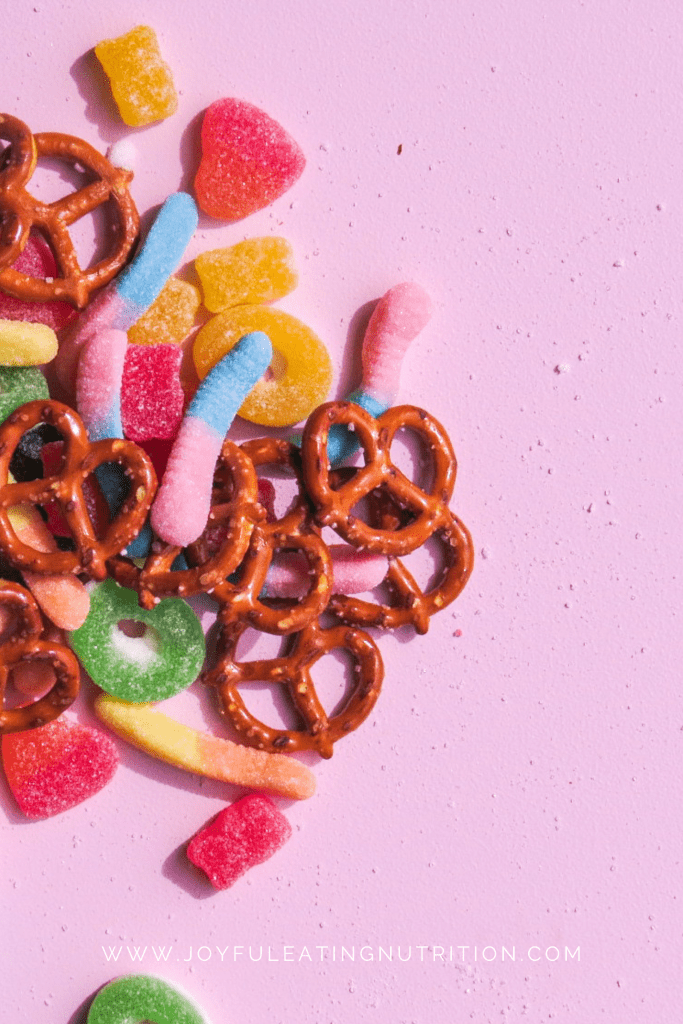Have you ever decided or declared that the diet starts on Monday, to then find yourself justifying having a second serving of mains, finishing off the bottle of wine or having a dessert, even if you’re already overly full?
We do this because we pre-empt the restriction to come on a diet and excessively eat the foods that we enjoy or fear going without. This eating behaviour is known as ‘the Last Supper effect’.
The Last Supper effect: anticipation of dieting leading to overeating
Researchers have demonstrated that the Last Supper effect is common among dieters.
A study of female university students found that participants who were expected to diet for one week ate significantly more in a taste-rating task than the control group who were not told they would go on a diet. The study demonstrates that simply planning to go on a diet can trigger overeating in restrained eaters.
And the overeating is not necessarily in response to a strong liking or desire for the food being eaten. It seems that food choice and quantity eaten is more so related to not being able to eat certain foods for some time.
Eat what you enjoy rather than what’s restricted
When we drop our food rules and eat in a way that is no longer restrictive, we can discover whether we truly enjoy the foods that we have deprived ourselves of. It may be that a food we thought we enjoyed or couldn’t control ourselves around was the result of restriction rather than pleasure.
Are you ready to ditch diets and feeling out of control with your eating?
Grab yourself a copy of Joyful Eating or download the free chapter where I discuss the many reasons diets don’t work.
Download the FREE Chapter: Debunk the Diet Myth
Discover the physiological and psychological reasons why diets don’t work, whether for weight loss or a wellness diet that promises ‘optimal health’.
Joyful Eating: How to Break Free of Diets and Make Peace with Your Body
References:
- Hill A.J. Does dieting make you fat? British Journal of Nutrition. 2004. 92 (Suppl. 1): S15-S18.
- Kent C. Berridge K.C., Chao-Yi Ho C., Jocelyn M. Richard J.M, Alexandra G. DiFeliceantonio A.C. The tempted brain eats: Pleasure and desire circuits in obesity and eating disorders. Brain Res, 2010. 1350: 43–64.
- Urbszat D., Herman C.P., Polivy J. Eat, drink, and be merry, for tomorrow we diet: effects of anticipated deprivation on food intake in restrained and unrestrained eaters. J Abnorm Psychol. 2002 May;111(2):396-401.


